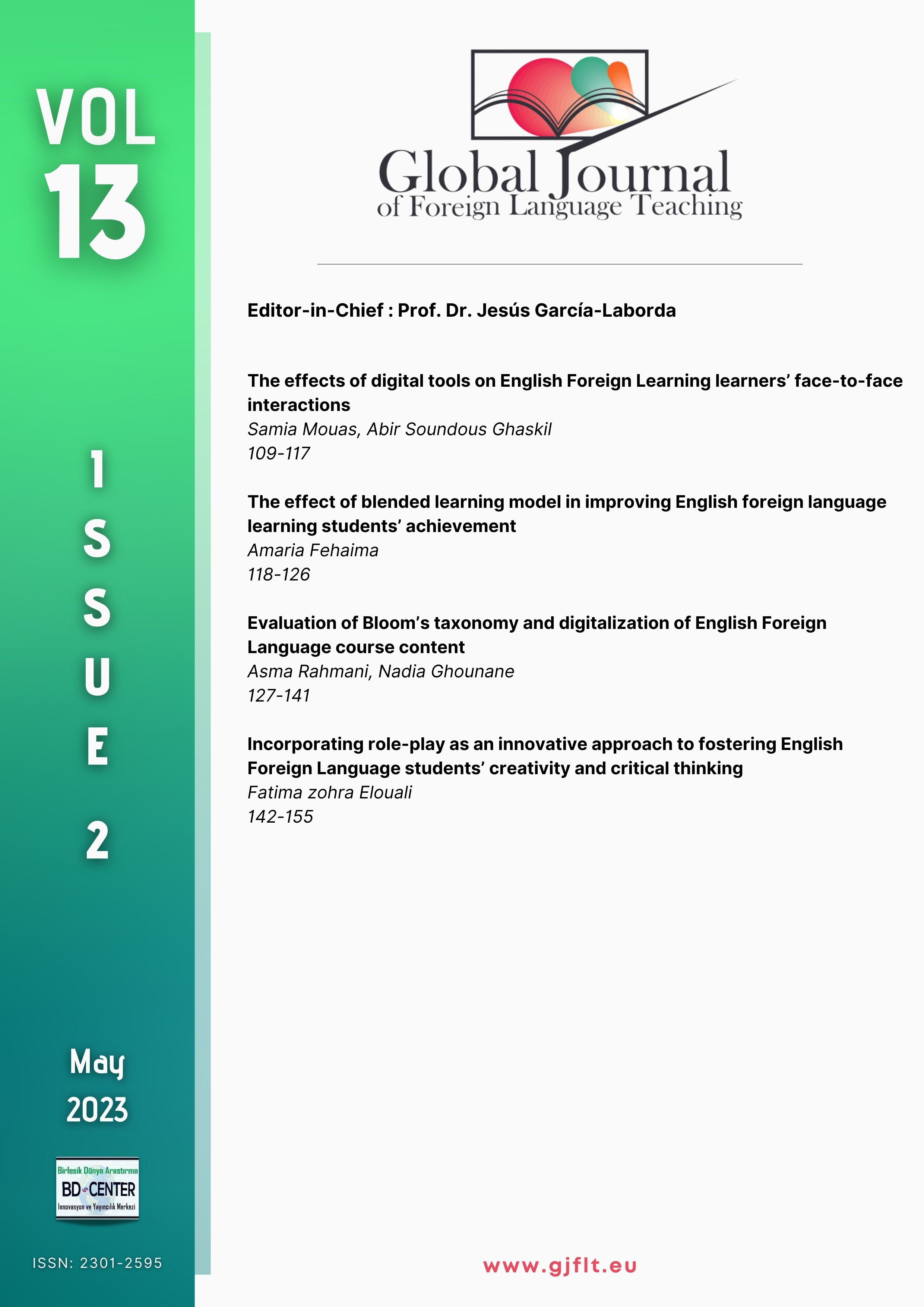The voice of adult women in taking English proficiency test
Main Article Content
Abstract
A lot of studies reported that female learners’ capability in mastering a second language is better than that of male learners. However, adult female test takers experience bigger challenges in dealing with English Proficiency Tests (EPT) since they are usually multi-roles women. The objectives of the study were to analyze the views of adult women test takers on the challenges of English proficiency tests related to the most difficult skill that they have to take and how they cope with their problems. The study applied mixed method study with descriptive quantitative and phenomenology approaches. The data were taken through a questionnaire and structured interview for 77 respondents of the study. Based on the result of the data analysis on 77 respondents, the questionnaire data show that the most difficult part of EPT was listening. The respondents provided many strategies for raising their EPT scores. The most popular method of learning EPT was autonomous learning, which was followed by taking a course, studying with friends, and not trying to improve EPT at all.
Keywords: Adult women; coping mechanism; difficult skill; EPT.
Downloads
Article Details

This work is licensed under a Creative Commons Attribution-NonCommercial-NoDerivatives 4.0 International License.
Authors who publish with this journal agree to the following terms:- Authors retain copyright and grant the journal right of first publication with the work simultaneously licensed under a Creative Commons Attribution License that allows others to share the work with an acknowledgement of the work's authorship and initial publication in this journal.
- Authors are able to enter into separate, additional contractual arrangements for the non-exclusive distribution of the journal's published version of the work (e.g., post it to an institutional repository or publish it in a book), with an acknowledgement of its initial publication in this journal.
- Authors are permitted and encouraged to post their work online (e.g., in institutional repositories or on their website) prior to and during the submission process, as it can lead to productive exchanges, as well as earlier and greater citation of published work (SeeThe Effect of Open Access).
